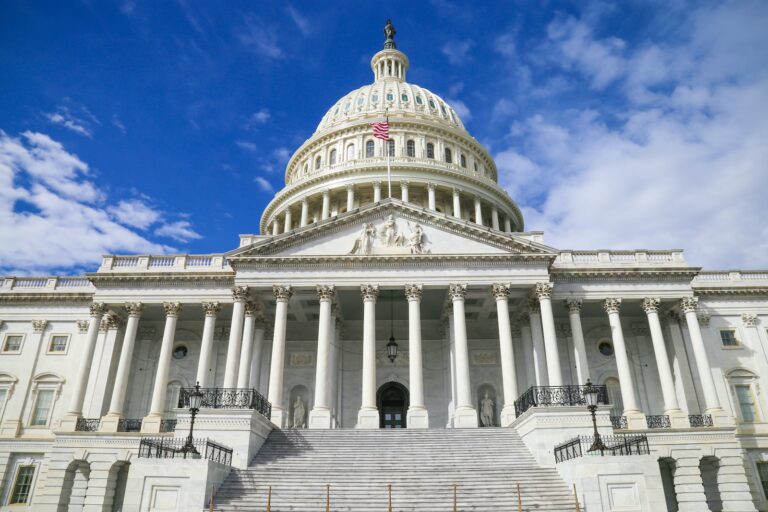The 2018 midterm elections are now behind us and it’s time to talk about the fallout. Appreciating the (sad) reality that not all of your friends are eager to talk about the educational implications of the midterms — here are five interesting conversation pieces that you can throw at someone during this holiday season without them slowly backing away.
“Here’s what’s interesting,” you might say to start the conversation:
-
Equity is back on the agenda in Washington. When Congress signed ESSA into law, there was a lot of buzz about this law advancing educational opportunity for under- and inadequately served students. The U.S. Department of Education (ED) was preparing to use the law to ensure that at-risk students benefited from evidence-based practices. They would shine a light on the status and progress of English Learners, and ally with the Civil Rights community to drive the equity agenda. All of that changed after November 2016, and the matter took a (far) back seat. It’s now back in the front seat. The new Democratic Majority, led by Congressman Bobby Scott (D-VA), the likely next Chair of the House Committee on Education and the Workforce (which they will probably rename Education and Labor), will be monitoring ED and asking about this former agency priority as it applies to ESSA implementation and beyond.
-
DeVos’ higher education regulations will likely encounter obstacles. This administration moved quickly to dismantle prior work on “gainful employment” and protections for students against fraudulent operators of higher education programs. Secretary DeVos has also lined up an aggressive agenda to reexamine the relationship between ED and higher education accrediting agencies, and how the credit hour limits the use of student financial aid. The newly-elected members of the House Committee on Education and the Workforce/Labor will be very interested to learn more about the Secretary’s intents, rationale, and plans of action before moving ahead too quickly.
-
The issue of education-to- employment innovation will stay hot. Federal education and workforce policies have been trying to enable the good work of regional and local leaders, both public and private, to capitalize on the ubiquity of information on the Internet and design new ways to learn and advance an individual’s career opportunities. The ability to better connect higher education and employment data will likely be an important part of this work. For years, the House Committee on Education and the Workforce, led by Congresswoman Virginia Foxx (R-NC), has prohibited the connection of student level federal education data with public employment data. That will likely change, and it will be interesting to see whether it inspires new education-to-employment bills and policies.
-
Lots of edu-action will be at the state capitals. The gubernatorial elections will likely have far more impact on students and families than what happens in Congress — particularly given the role that governors played in the development and approval of state ESSA plans, and their power to appoint state board members and state chiefs in many states. Consider a few examples. The next governor of Wisconsin, Dr. Tony Evers, is the current Superintendent of Public Instruction. You can be sure that the important role that teachers and schools play in communities will not fall by the wayside. In Kansas, the underfunding of schools played a large role in Laura Kelly’s victory over Kris Kobach, who vetoed increases to school funding (only to be overridden). Colorado just secured a lifelong education reform champion in Jared Polis, evidenced by his career-long support of innovation: backing charter schools, income share agreements for higher education and competency-based education for lifelong learning. That’s just three of the 36 new terms beginning in January.
-
State superintendents were on the ballot, too! Further down-ticket, but perhaps most significant for students and families — seven states held election for chief state school officers. Georgia, Idaho, Oklahoma, South Carolina, and Wyoming voted to re-elect their incumbent state chiefs, which means the momentum around their accountability plans and other state priorities will continue. In Arizona and California, the races are still too close to call; implications of the outcomes are significant for ed reform efforts in both states.
There are more storylines coming out of this election, but unless you know that the person you are talking to is a hardened education wonk — pick one on the list above and keep it brief. That will allow you to brandish your expertise in education policy, but still get invited back to future events. Maybe.



